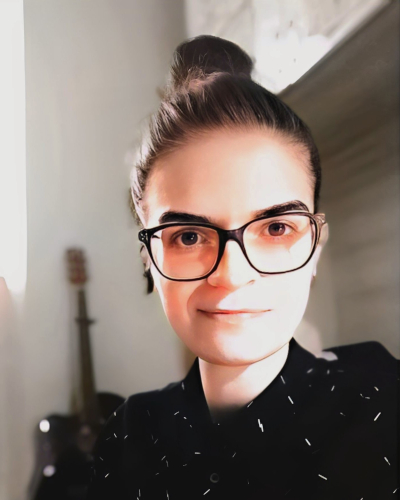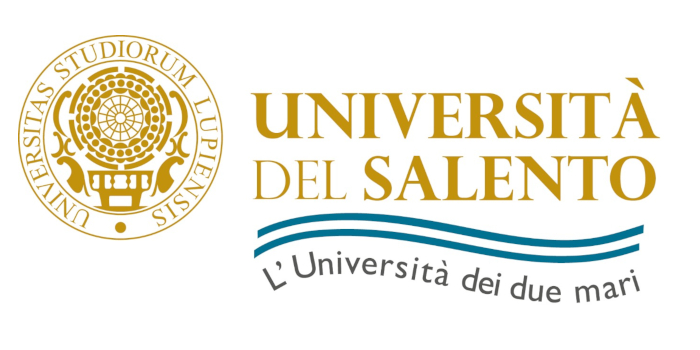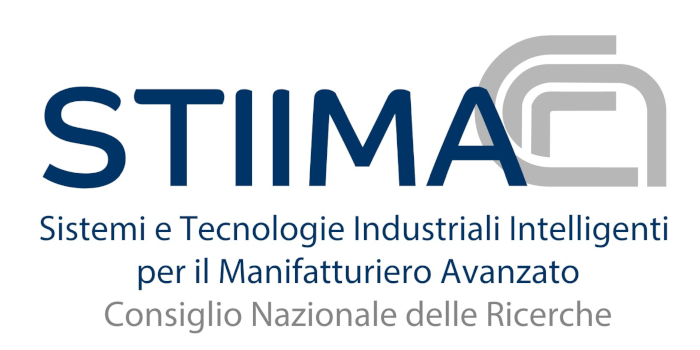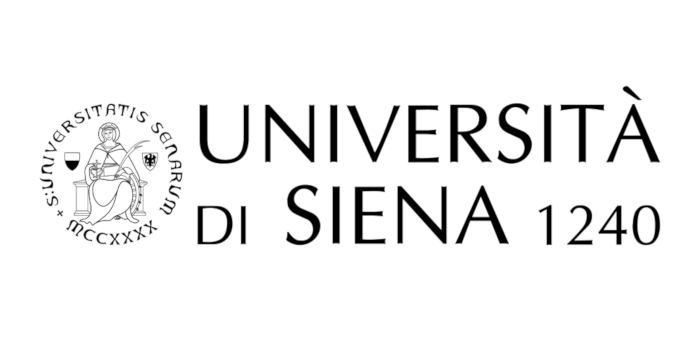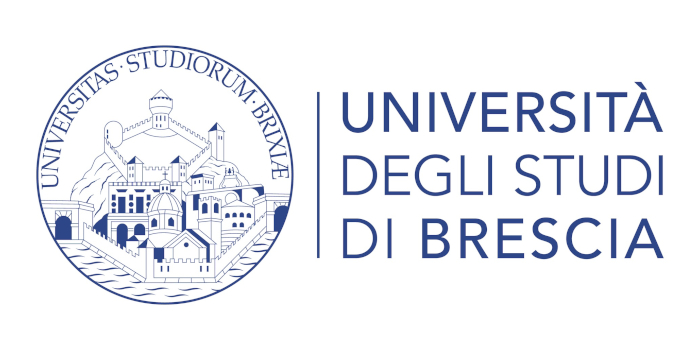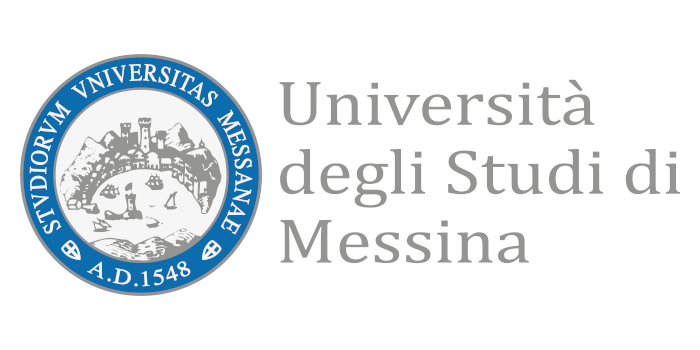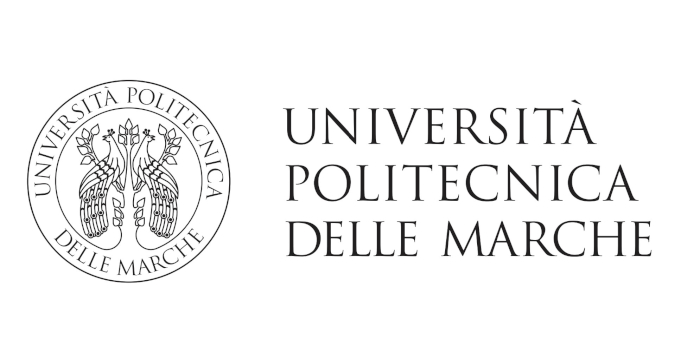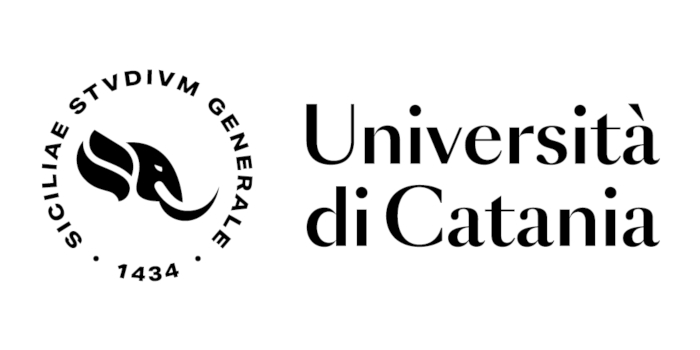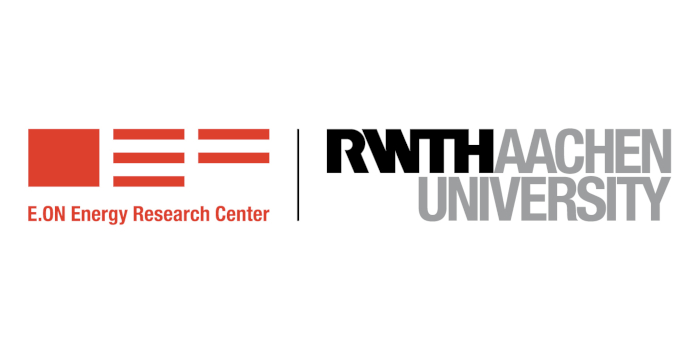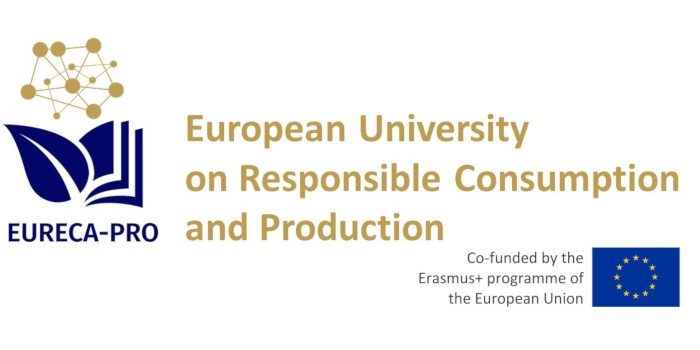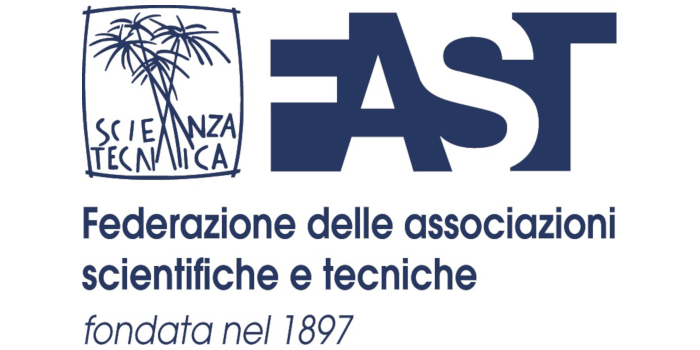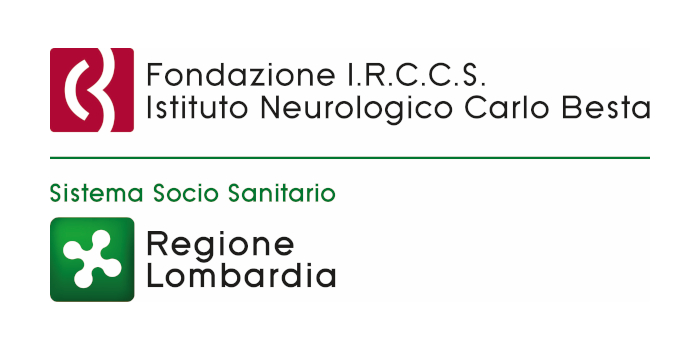SPECIAL SESSION #10
Embedded AI for Sensor Data Analysis
ORGANIZED BY
Enza Panzardi
University of Siena, Italy
Barbara Toniella Corradini
University of Siena, Italy
Irene Cappelli
University of Siena, Italy
Franco Scarselli
University of Siena, Italy
Valerio Vignoli
University of Siena, Italy
ABSTRACT
The advent of Industry 4.0 and the growing need to create ever more capillary monitoring networks have led to an increasing amount of real-time data provided by sensors and, in general, by available data sources covering a wide range of applications. In this context, the interest of the research community in developing new processing strategies and techniques when dealing with such a large volume of sensor data has grown significantly. Data processing using Artificial Intelligence (AI) algorithms and the use of machine learning, neural networks (including deep architectures), and information fusion methods have become common in this field, as they allow automated analysis of complex sensor data, through which, the desired information and, thus, an added value to the data along the entire sensing chain are automatically derived. AI algorithms have been recently adapted to be executed by limited computational power devices, such as microcontrollers, giving rise to the new concept of embedded AI-enabled sensor nodes.
This type of approach can be applied in the context of different IoT architectures and sensing systems, where sensor and actuator nodes communicate and create networks. These types of networks can often be autonomous networks that adapt to different conditions, creating smart IoT networks that would not be possible without exploiting artificial intelligence algorithms.
MAIN TOPICS
This Special Session will focus on the applications of AI to sensor data analysis. Potential topics include but are not limited to the following:
- AI to process sensor data
- Information fusion methods to combine multiple sensor data
- Machine learning and decision making to issue responses to sensor data
- Deep learning architectures for sensor applications
- Embedded AI solutions
- Smart IoT networks
- AI-based sensors for efficient energy management
- Databases to enable research on AI-based sensor applications
- AI for environmental monitoring data analysis
- Software engineering for sensor data stream management
- Intelligent devices and instruments for smart building/city design
- Security and privacy in intelligent IoT systems
ABOUT THE ORGANIZERS
Enza Panzardi received the master’s degree in Electronics and Communication Engineering and the Ph.D. degree in Information Engineering and Science from the University of Siena, Siena, Italy, in 2015 and 2019, respectively.
She is currently a Research Associate with the Electronics and Electronics Measurement Research Group, University of Siena. Her current research interests include electronic circuits and systems for industrial applications and chemical-sensor-based measurement systems.
Barbara Toniella Corradini received the master’s degree (cum laude) in Computer and Automation Engineering from the University of Siena, Italy, in 2018 and 2021, respectively. She is currently pursuing the Ph.D. degree in Smart Computing with the University of Florence, Florence, Italy.
Her research interests include deep learning (DL) for computer vision and data mining.
Irene Cappelli received the M.Sc. degree in Electronics and Communication Engineering from the University of Siena, Siena, Italy, in 2019, where she is currently pursuing the Ph.D. degree in Information Engineering with the Department of Information Engineering and Mathematics. Her current research interests include low-power transmission systems and characterization of humidity sensors.
Franco Scarselli received the Ph.D. degree in Computer Science and Automation Engineering from the University of Florence, Italy.
He is currently an Associate Professor with the University of Siena, Siena, Italy. His research interests include machine learning (ML), with a particular focus on neural networks for graphs, deep learning (DL), and approximation theory. From an applicative point of view, his focus is on computer vision and information retrieval. He has been involved in numerous research projects related to the mentioned topics founded by companies and national and international entities.
Valerio Vignoli received the Ph.D. degree in nondestructive controls from the University of Florence, Italy in 1994.
Since 2020, he has been a Full Professor of Electronics with the Department of Information Engineering and Mathematics, University of Siena, Italy. He has authored more than 240 journals or international conference papers and holds seven patents. His research interests include design, characterization, and modeling of advanced sensors and development of data acquisition and processing systems.



